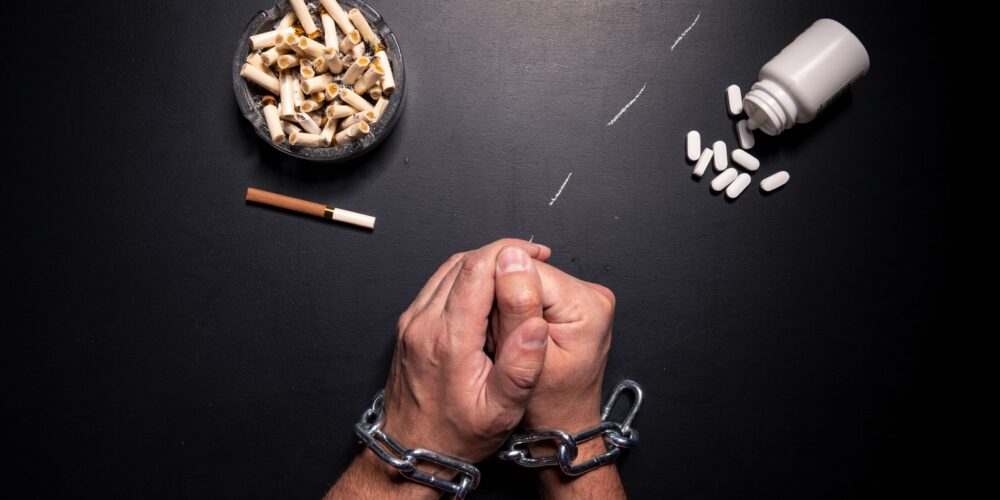Relapse is a common occurrence during the recovery process, and understanding…

If your mental health team has recommended an intensive outpatient program, you may wonder what that entails. The unknown can be frightening. However, intensive outpatient programs can be invaluable to your recovery process. They allow you to transition from inpatient care back into the community. They can also give people the opportunity for intensive treatment when they cannot afford the time or the money for inpatient care.
One of the main benefits of an intensive outpatient program is that people can continue with their lives. Often, rehab means putting your life entirely on hold. While recovery is the most important thing, the reality is that the ability to do that is a luxury. Not everyone has the social or financial support to do that. You can still go to school or work in an intensive outpatient program. You attend your therapy in the morning or evening.
You get the same type of treatment that you would receive in inpatient care but without 24-hour physical or mental health observation. That means that intensive outpatient programs are not the right choice for everyone. So, if you are not already working with a therapist or program, the process begins with an evaluation.
You get several hours of service a week during the intensive outpatient program. They are usually daily to keep you in contact with your treatment team. However, we can help schedule them around the other demands of your life. The length of your treatment also varies. Some people may need longer-term help. Others may need a short time in an intensive outpatient program. Regardless of the length of the program, the treatment team will follow up with ongoing care.
Group therapy is a typical part of an intensive outpatient program. Many people experiencing drug or alcohol problems, especially those with comorbidities, self-isolate. They may only interact with people to get or use substances. Group therapy can be valuable because it gets people to socialize with others in a healthy setting and context.
Individual therapy is also a critical part of intensive outpatient programs. The goal is to develop a one-on-one solid therapeutic relationship where the client can rely upon the therapist for ongoing emotional and mental health support.
Finally, intensive outpatient programs can also contain a life skills training component. The classes vary according to your individual needs. Still, they can include relapse prevention, parenting classes, stress management, assertiveness training, and coaching for healthier interpersonal relationships.



